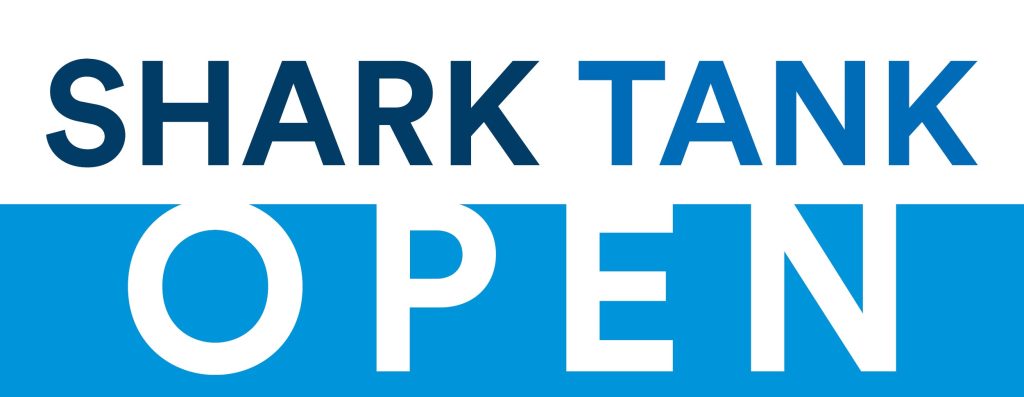
A St. Cloud State University faculty team is one of six recipients who received grant funding after presenting innovative project ideas at the 2022 Minnesota State Shark Tank Open.
Drs. Matt Davis and Matt Julius from Biology were named the recipient team of $25,000 in grant funding after pitching their ideas for funding on the topic of “Innovating the Science Classroom for Widespread Engagement.”
The project “Innovating the Science Classroom for Widespread Engagement” will create freely available science videos produced by experts in the field with students from traditionally underrepresented groups in STEM fields. The videos will be designed to augment course content across Minnesota State and provide digital and technological equity to students from diverse backgrounds to enhance access, promote academic success, and maximize student engagement.
Dr. Davis and Dr. Julius’ pitch was chosen out of 12 highly competitive finalists for this year’s funding competition due to its ambitious and diverse nature while embodying the creativity and inventiveness of Minnesota State.
The Shark Tank Open, which was held virtually on April 7, is Minnesota State Educational Innovation’s premier innovation event, drawing educators from across 37 colleges and universities for an afternoon of reimagining education. Faculty and staff innovators from across the state had seven minutes to virtually present their innovative project ideas to a panel of judges — known as the sharks — in an effort to receive up to $25,000 in innovation funding.
In addition to Drs. Davis and Julius, Dr. Jieyu Wang from the Department of Information Systems, a previous Small Seed Innovation funding recipient, presented at the Shark Tank Open as part of the innovation exhibit portion. Dr. Wang gave an update on the topic “Designing conversational agent for education: tailoring university student’s personalities into human-centered intelligent systems” as the project gets underway.
